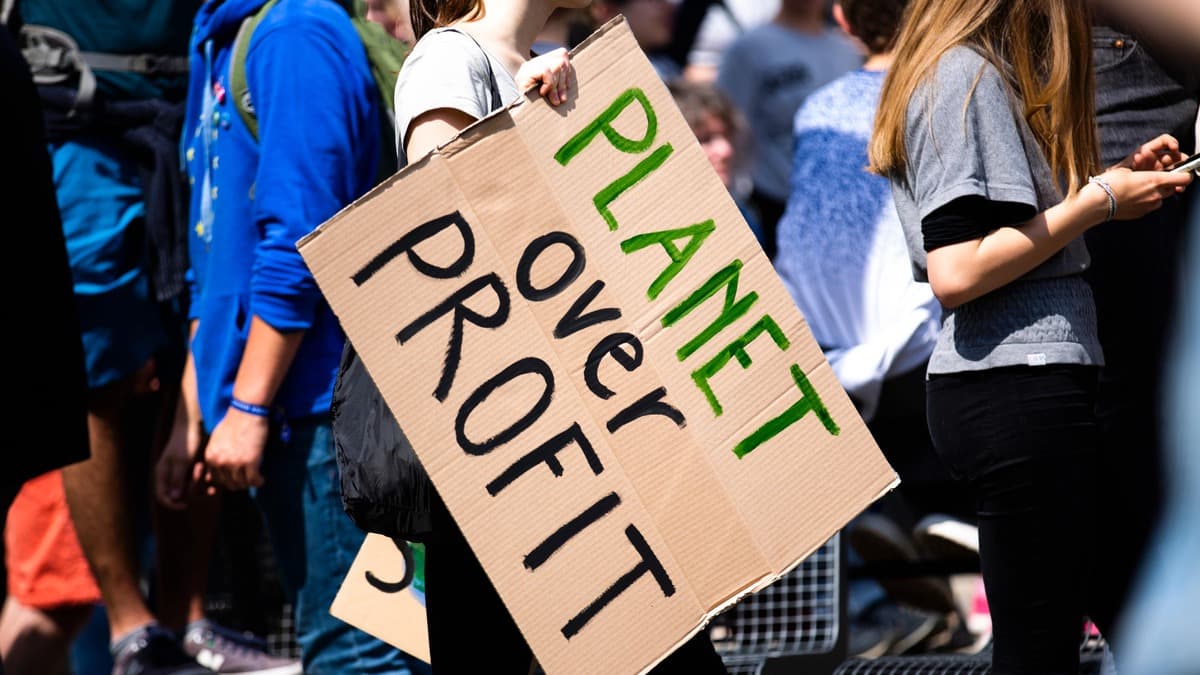An analysis presented at the Cop27 UN conference in Egypt revealed that Australia continues to lag behind other developed nations in solving the climate catastrophe.
Australia remains a “very low-performing country,” according to the climate change performance index, which was created by Germanwatch, the NewClimate Institute, and the Climate Action Network with input from 450 experts and activists.
Australia moved up three spots from the previous year, although it still trails other developed countries by a wide margin. It rose from 59th place last year to 55th on the 63 nations and country groupings list.
The nation received a “poor” grade for climate policy and a “very low” mark for emissions, renewable energy, and energy use. As a result of having “no strategies or national plans for phasing out coal and gas mining,” as well as having intentions to increase coal and gas output by more than 5 per cent by 2030, it received a bad rating.
“Australia has gone from dead last too far from a pass, and despite the nation’s recent progress, there is no escaping just how far behind we are and how much catching up we’ve got to do,” Climate Councillor and economist Nicki Hutley, who’s in Egypt at COP27 said.
Australia has gone from 59th to 55th place in the Climate Change Performance Index (CCPI), published annually for almost two decades by Germanwatch, NewClimate Institute and Climate Action Network International. The index assesses 59 countries and the European Union collectively responsible for more than 90 per cent of global emissions.
The improvement, according to DEA spokesman Dr John Iser, was brought about by its strengthened Nationally Determined Contribution (NDC), but the emissions target of 43 per cent below the level of 2005 by 2030 was still far below what would be needed to stay within its carbon budget and achieve net-zero emissions by 2050.
Dr Iser said Australia still failed massively with its reliance on fossil-fuel mining. “As yet, there are no policies to phase out subsidies and exports of coal and gas, which are still among the highest in the world,” Dr Iser said.
As a national assessment, the CCPI judges Australia a little unfairly, as much of its progress has been gained by state policies.
The states have pressed on with renewable energy and battery storage to enable Australia to achieve the highest uptake of solar conversion to electricity per capita in the world. This gain must now be supplemented by national policies to offer more incentives for electric vehicle car imports, strengthen building efficiency standards and curb emissions by industry and agriculture.
“There is still much to be done,” he said.
ALSO READ: One week into COP27, Australia still has much work to do
For further information, go to: climatecouncil.org.au
Keep up to date with our stories on LinkedIn, Twitter, Facebook and Instagram.

